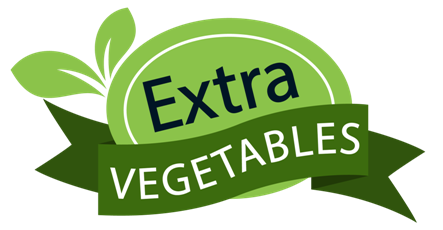Millions of people in the UK eat extremely poorly. According to the most recent government statistics, around 28% of adults in the UK are obese, and a further 36% are overweight. This has all kinds of bad effects since obesity is linked with a vast range of health problems – from heart disease to cancer to diabetes.
For many people losing weight, the problem is an aesthetic one. We want to look better and adjust our diets accordingly. But there’s more to the food we eat than fat loss (or gain). To give ourselves the best possible chance of enjoying a long, healthy life, a varied intake of fats, proteins, carbs, minerals, and vitamins is critical.
Cutting back on meat in your Diet:
There’s some debate as to whether meat is something we need to enjoy an optimal diet. What’s not up for debate is that most of us in the UK eat more meat than we can reasonably benefit from and that the meat we eat tends to be of the wrong kind. Limiting yourself to just one portion a day, and filling your plate with vegetables instead, will in most cases be a net benefit. This pretty much goes for everyone who isn’t a professional athlete or bodybuilder.
Nutrient-dense food
Nutrient-dense food is the stuff that contains the largest possible amount of vitamins and minerals per calorie. Vegetables tend to fall into this category. You’ll want to eat an assortment of these so that you can cover all of your bases.
But it isn’t just vegetables that fall into the ‘nutrient-dense’ category. There are also certain kinds of fish and meat that qualify, thanks largely to the abundance of essential fatty acids they contain.
Nutrition for Vision
If you’re concerned about preserving your eyesight, then two nutrients, in particular, are sure to appeal.
Roshni Patel, the expert optometrist from Lenstore, an online retailer specializing in contact lenses, said: “The best diet for your eyes is a normal, well-rounded diet with plenty of fruit and vegetables. Vitamin A, particularly from green, leafy vegetables like kale or broccoli will help maintain healthy eyes. Sweet potatoes, carrots, and pumpkins are all also great.”
The exception here is pregnant women, who can’t have large amounts of vitamin A – such as you’ll find contained in the liver and liver pate products. What you can have (and what also happens to be great for your eyes) are omega-3 fatty acids, which are abundant in fatty fish like mackerel and salmon.
As Lenstore points out: “They help to treat dry eyes and keep them healthy. You don’t need to get them from fish if you’re vegetarian or vegan either – chia seeds, flax, edamame, and flaxseeds are all good sources too.”
Read More: Bodybuilding Tips For Beginners: 5 Key Essentials For Weight Gain

